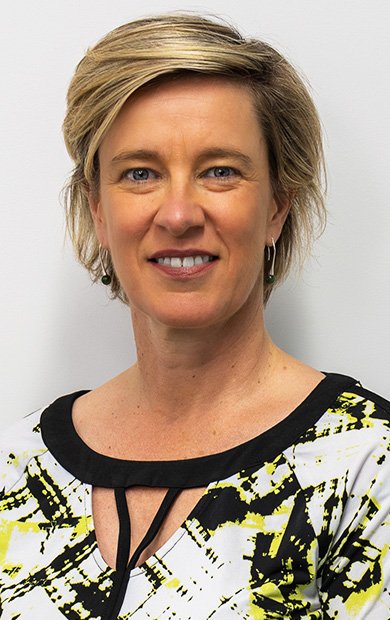Research to market: Sustainable seaweed feed a step toward Net Zero
Statements
A world-first standard for the use of seaweed as a sustainable feed additive for livestock has been published. Under a fast-tracked alternative pathway, Standards Australia led a new project which identified the need for bespoke standardisation, set to help enable scaled manufacturing of natural bromoform, a saltwater-based ruminants superfood.
CSIRO, FutureFeed, and the Stock Feed Manufacturers’ Council of Australia are part of the project, started in February 2024, focused on the new standard AS 5404:2025, Natural bromoform feed additives product quality - Products derived from Asparagopsis. It was published in early March 2025.
CSIRO estimates that 1.3 billion people rely on livestock like cattle and sheep. Livestock contributes about 10% of Australia's greenhouse gas emissions. This standard demonstrates how using bromoform from Asparagopsis seaweed in a standardised framework can support supply chain integrity, food safety, and contribute to Net Zero goals.
Impact:
- Specifies requirements for manufacturing natural bromoform feed additives for food-producing animals.
- Guides manufacturers in producing scalable feed additives, potentially reducing feedlot costs.
- Establishes standard testing methods for bromoform, securing the food supply chain and preventing fraud.
- Aligns bromoform feed processes with other feed standards, supporting food security, climate change and sustainability initiatives.
- Indirectly: More cows ingesting this additive means less methane, contributing to Net Zero goals.
Kareen Riley-Takos, Chief Operating Officer at Standards Australia, said: “We are proud to support the growing agricultural seaweed industry. Through a series of fast-tracked decisions made in collaboration with industry experts, this standard is a significant step towards a more sustainable and secure future for our food supply chain.”
AS 5404 was also presented as case study during the Seagriculture Asia Pacific Conference.

A world-first standard for the use of seaweed as a sustainable feed additive for livestock has been published. Under a fast-tracked alternative pathway, Standards Australia led a new project which identified the need for bespoke standardisation, set to help enable scaled manufacturing of natural bromoform, a saltwater-based ruminants superfood.
CSIRO, FutureFeed, and the Stock Feed Manufacturers’ Council of Australia are part of the project, started in February 2024, focused on the new standard AS 5404:2025, Natural bromoform feed additives product quality - Products derived from Asparagopsis. It was published in early March 2025.
CSIRO estimates that 1.3 billion people rely on livestock like cattle and sheep. Livestock contributes about 10% of Australia's greenhouse gas emissions. This standard demonstrates how using bromoform from Asparagopsis seaweed in a standardised framework can support supply chain integrity, food safety, and contribute to Net Zero goals.
Impact:
- Specifies requirements for manufacturing natural bromoform feed additives for food-producing animals.
- Guides manufacturers in producing scalable feed additives, potentially reducing feedlot costs.
- Establishes standard testing methods for bromoform, securing the food supply chain and preventing fraud.
- Aligns bromoform feed processes with other feed standards, supporting food security, climate change and sustainability initiatives.
- Indirectly: More cows ingesting this additive means less methane, contributing to Net Zero goals.
Kareen Riley-Takos, Chief Operating Officer at Standards Australia, said: “We are proud to support the growing agricultural seaweed industry. Through a series of fast-tracked decisions made in collaboration with industry experts, this standard is a significant step towards a more sustainable and secure future for our food supply chain.”
AS 5404 was also presented as case study during the Seagriculture Asia Pacific Conference.


.jpeg)
